Tapio Raunio started the event by weighing in on whether the EU of today can already be called a federal system and making predictions on the future of European integration. Raunio, whose fields of specialisation include federations and the European Union, said that the EU currently resembles a federal system more closely than an intergovernmental organisation, although it may never become a ’true’ federation. In that sense, he can be said to represent the academic mainstream.
To Raunio, the fact that EU jurisdiction covers practically all walks of life proves how close to a federation the European Union has grown to be. ”You deal with EU legislation in all of the committees of the national parliament”, he illustrated. From Raunio’s viewpoint, the withdrawal of national competences in fields traditionally associated with nation-states, such as currency and, to an increasing extent, even foreign and security policy, has occurred with surprisingly little political contestation. When reading news articles about how some EU member states once more set themselves against a Commission proposal, one must remember the big picture – what has been achieved in Europe in the last couple of decades is historic despite the existence of a grudging minority.
Raunio also addressed the debate over whether the EU has a constitution by claiming that the Lisbon Treaty is de facto a constitution. What EU treaties and, for example, the United States Constitution have in common is the fact that neither of the two can be changed without the consent of the states. Therefore one cannot say that constitution-wise the EU is much more state-centered than the United States is. From the point of view of political science, the Lisbon Treaty is a constitution even though legal experts may not share that view, Raunio said.
Raunio: Long-term equilibrium reached
While the European Union has gone rather far in terms of integration, Raunio doesn’t believe that there are going to be major steps forward in the near future. Due to the difficulty of a new major constitutional reform, the EU’s political system is ”likely to have reached a long-term equilibrium”, as Raunio put it.
Raunio would agree that starting a new treaty negotiation wouldn’t be a smart move at present, like Herman van Rompuy, the former President of the European Council has said several times. While unanimity is a prerequisite to an amendment, there are countries which ardently oppose further integration. Moreover, opening the big treaties for negotiation would risk calling the previous agreements into question, which is the main argument of van Rompuy. At the event, Raunio spoke of ”IGC [Intergovernmental Conference i.e. treaty negotiation] weariness” - in his view, European governments wouldn’t have the energy to go through another negotiation process which would likely take years.
Another argument Raunio used to make his case was related to the EU budget. The fact that it is currently around one percent of the combined gross domestic income of EU member states sets certain constraints. While a will to increase the budget was apparent at the turn of the millennium, it has faded away with the economic crisis, Raunio claimed. ”At the moment, you need that money on the national level”, he said. Perhaps sustained economic growth will bring this discussion back, a federalist may think.
Petros Fassoulas on Cameron: We didn’t sign treaties for nothing
After Raunio, Petros Fassoulas entered the stage to provide remarks on hot European topics. Since Fassoulas lives in the United Kingdom, Brexit was one of the things on which the audience wanted to hear his opinion. Naturally, he opposes Brexit. As far as Fassoulas is concerned, the presence of the United Kingdom brings balance to the relationship between France and Germany, the ”twin engine” of European integration. He referred to German policymakers begging the British not to leave Germans alone with the French.
When it comes to negotiations on the terms of the British EU membership, Fassoulas doesn’t believe David Cameron is going to achieve much. ”If he fails to get concessions, that may serve as an example for the rest of Europe.” Fassoulas would find that healthy for Europe – Fassoulas reminded the audience that European treaties were made for a reason.
Earlier, Raunio had speculated on whether Cameron’s mission will result in a domino effect where other countries like Denmark or Poland would make their own claims. I challenged Raunio on the issue, saying that Denmark’s bargaining position in negotiations with the EU would be rather weak, to which he replied that smaller member states may indeed not win anything but because of Cameron, they might still be inspired try.
While Raunio, the academic, said that many of the original demands of European federalists have already been fulfilled, Fassoulas with background in the civil society had a different stand on the issue. Fassoulas referred to the Commission’s better regulation package and said that at present, national ministers run the show. From his point of view, the Commission’s importance has been in decline since Jacques Delors left his post as the President in 1995.
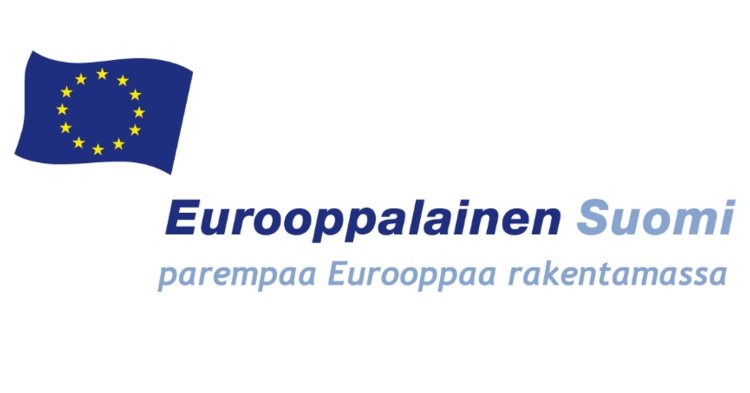

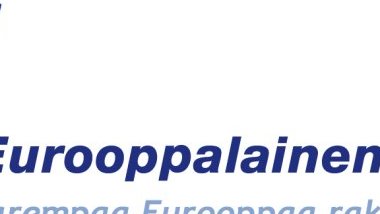
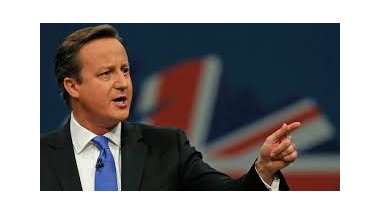
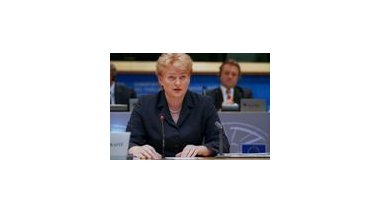
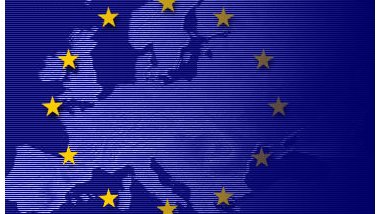
Follow the comments: |
|
